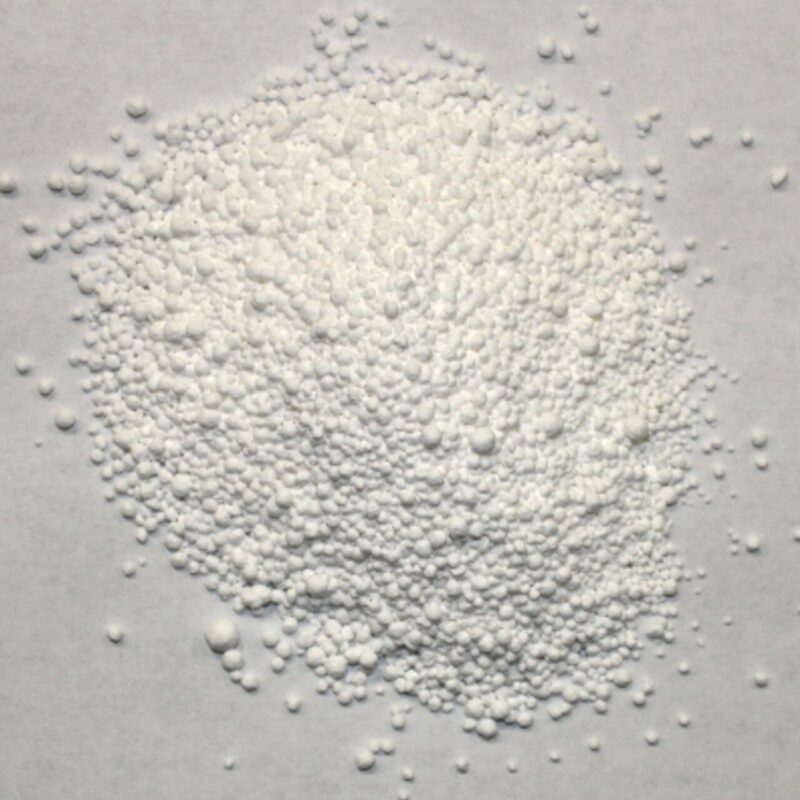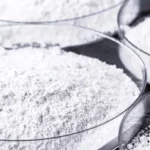🧪 Use of Calcium Chloride (CaCl₂) in Industry: Applications, Benefits & Properties
Calcium Chloride (CaCl₂) is an inorganic salt with a wide range of industrial and commercial uses. As a highly soluble compound, it is valued for its hygroscopic (moisture-absorbing) and exothermic (heat-releasing) properties. From road maintenance and concrete acceleration to oil drilling and food preservation, Calcium Chloride (CaCl₂) plays a crucial role across sectors.
This article explores the diverse uses of Calcium Chloride (CaCl₂), its technical benefits, and why it remains a top choice in multiple industries.
🔍 What is Calcium Chloride (CaCl₂)?
Calcium Chloride is a white crystalline salt composed of calcium and chlorine. It is typically derived from natural brine or as a byproduct in the Solvay process. Known for its moisture-attracting properties, CaCl₂ is often used as a drying agent, deicing compound, and additive in construction and drilling applications.
It is available in various forms:
-
Anhydrous (no water content)
-
Dihydrate (CaCl₂·2H₂O)
-
Hexahydrate (CaCl₂·6H₂O)
-
Solution (typically 30–35% concentration)
⚙️ Technical Properties of Calcium Chloride (CaCl₂)
| Property | Value |
|---|---|
| Chemical Formula | CaCl₂ |
| Molecular Weight | 110.98 g/mol |
| Melting Point | ~772 °C |
| Solubility in Water | Highly soluble (59.5 g/100 mL at 0 °C) |
| Hygroscopic Nature | Yes |
| Appearance | White crystalline solid |
| pH (10% solution) | Approx. 8–10 |
| Thermal Conductivity | Moderate |
| Reactivity | Exothermic with water |
🏭 Industrial Applications of Calcium Chloride CaCl2
1. 🛣️ Deicing and Dust Control
Calcium Chloride melts ice quickly by releasing heat when it dissolves. Because of this property, it outperforms sodium chloride, especially in colder climates. Road maintenance crews apply it during winter to ensure safety. Moreover, municipalities use it to control dust on gravel roads by spraying it directly onto the surface, where it binds particles and minimizes erosion.
2. 🧱 Concrete Acceleration in Construction
Construction teams often work in cold climates, and Calcium Chloride helps them stay on schedule. It accelerates the cement hydration process, allowing concrete to set faster and gain early strength. As a result, contractors reduce curing times and lower the risk of freezing damage.
3. 🛢️ Oil & Gas Drilling Fluids
In drilling operations, maintaining wellbore stability is essential. Calcium Chloride brines provide the right density and pressure control to stabilize the borehole. These fluids also minimize formation damage and reduce the risk of blowouts. Engineers prefer CaCl₂ for its consistent performance in deep wells.
4. 🌡️ Refrigeration Brines
Many industrial refrigeration systems rely on Calcium Chloride brines because of their low freezing points. For instance, ice rinks and food processors use CaCl₂ as a cooling agent that remains effective even in sub-zero conditions. Its thermal stability ensures continuous and safe operation.
5. 🥫 Food Industry (Preservative & Firming Agent)
In food processing, Calcium Chloride (CaCl₂) helps preserve texture and quality. Producers add it to canned vegetables to keep them firm and appealing. Furthermore, beverage manufacturers use it to fortify drinks with calcium. Since regulatory agencies approve it as a food additive, it remains a trusted ingredient in the industry.
6. 💧 Water Treatment and Desiccant
Water treatment facilities use CaCl₂ to adjust hardness levels and remove impurities. Its chemical properties allow it to react with unwanted minerals efficiently. Additionally, packaging companies use it as a desiccant to protect products from moisture damage during shipping and storage.
✅ Advantages of Using Calcium Chloride CaCl2
-
Highly soluble in water and rapid in action
-
Effective at lower temperatures compared to other salts
-
Non-toxic in approved concentrations (especially in food applications)
-
Cost-effective and widely available
-
Increases safety in winter road conditions
-
Reduces project delays in construction
It is important to handle calcium chloride with care, as it can be corrosive to certain metals and may cause skin irritation. Proper safety precautions should be followed when using and storing calcium chloride.
📊 Calcium Chloride (CaCl₂) vs. Other Salts
| Property | Calcium Chloride | Sodium Chloride | Magnesium Chloride |
|---|---|---|---|
| Deicing Efficiency | High | Moderate | High |
| Exothermic Dissolution | Yes | No | Mild |
| Cost | Moderate | Low | High |
| Effective Temp (°C) | -25°C | -10°C | -15°C |
| Corrosiveness | Moderate | High | Low |
❓ FAQs a bout Use of Use of Calcium Chloride CaCl2
❓ What are the main uses of Calcium Chloride (CaCl₂) in industry?
Calcium Chloride serves multiple purposes. It melts ice, controls dust, accelerates concrete curing, stabilizes oil wells, preserves food, and treats water. Its versatility makes it valuable in many industrial sectors.
❓ Why do construction crews use Calcium Chloride in concrete?
Crews use it to reduce setting time and gain early strength in cold weather. This practice speeds up construction schedules and minimizes freezing risks during curing.
❓ How does Calcium Chloride control dust on roads?
It attracts moisture from the air, which binds road dust and keeps it from rising. As a result, it prevents air pollution and helps maintain safer driving conditions.
❓ Is Calcium Chloride (CaCl₂) safe in food applications?
Yes, it is safe when used in regulated amounts. The FDA approves it as a food additive (E509), and it helps maintain firmness in canned foods while adding calcium to drinks.
❓ How does the oil industry use Calcium Chloride (CaCl₂)?
Drilling engineers use it in brine fluids to manage pressure and support wellbore stability. It also protects against formation damage and reduces blowout risks.
🏁 Conclusion- Use of Calcium Chloride CaCl2
Calcium Chloride (CaCl₂) remains a versatile and dependable industrial chemical with broad utility across construction, energy, food, and infrastructure sectors. Whether used for deicing icy roads, accelerating cement hydration, or stabilizing oil wells, its properties offer cost-efficient, fast-acting, and reliable performance.
📣 Call to Pars Universal Bitumen
📞 Need high-purity Calcium Chloride for your industrial operations?
🧪 We supply CaCl₂ in all grades — from food-safe to oilfield-ready.
🔍 Contact us today for bulk pricing, safety data sheets, or custom packaging options!
✅ Get Your Calcium Chloride Now ➡️ Contact Us
📧 Email: [email protected]
📞 Phone: +971 4 878 2031
🌐 Visit: Pub-ltd
🛒 Order industrial Calcium Chloride (CaCl₂) now. If You have any other Query or Question you want to ask, Please don’t hesitate to Contact Us.




